Artificial intelligence (AI) is slowly being a revolution that can completely change the workforce. At the same time, it is still not able to replace human intelligence and reliability.
This is the main reason why leadership qualities are highly significant under the circumstances.
When AI is starting to show its power, it takes a highly capable leader to show the team that there is still a lot the humans can do.
In order to show them the same, a ladder needs to have certain attributes at this age of AI. These are qualities that are not taught during an Artificial intelligence course but are the ones that you need to develop yourself.
The essential leadership qualities
- Agility: In this fast world, a leader needs to have a quicker mind and make strategies on the go. This is one area where there are no compromises. If you have to survive in this era you have to be an agile leader.
- Adaptability: Sharpen adaptability skills because the requirements and circumstances could change anytime, A leader must be willing to make changes swiftly but effectively to adapt to the situations. Better the adaptability, finer would be the outcome.
- Accountability: Be accountable for all or any actions and decisions made as a team. Since leading from the front requires trust, this attribute helps develop confidence within the team. So be accountable and transparent.
- Commitment: Artificial intelligence may be able to show the way but the decision-making power is still with the humans- leaders. A leader must be committed to the decisions made and for any changes thereafter.
- Better communication: A leader needs better communications skills, period. Developing this attribute is more important than enrolling in any Artificial intelligence course. Look for courses that help develop this personal quality.
- High work ethics: Learn to value others in the team and give as much importance to every part of the work system. One who can inspire others and aspire to be a better person is better valued by the companies.
- Foresight: AI may be able to foresee future possible changes but it is the leader who needs to have the foresight to see and decide for the possible changes that could be down the lane. It also calls for some amount of creativity to use such changes for the betterment of the company.
- Flexibility with demands: When Artificial intelligence is predicting changes even a small change of course can have major impacts. A true leader must be flexible with such changes according to the demands. A leader must be able to alter his or her working style to suit the new scenario and should also be able to make it productive.
- Be able to influence: The flexibility in work and coming up as the winner at the end of such a trial should be enough to influence others to follow. This is one leadership quality that is highly dependent on the other attributes. One must be reliable, adaptable, and trustworthy enough to influence others. When you influence others to be positive, you are giving more value to yourself and to the company.
- Stay Humane: AI might be taking over too much of human efforts but the one thing that it cannot take away is the humane nature. A ladder who stays humane under all circumstances is sure to be born as a commander. This is another attribute that no Artificial intelligence course could teach you. You stay grounded even when you are flying high; it’ll make you the person that defines leadership qualities in this very age of robotics and manmade intelligence.
Also Read: 10 Interesting Facts About Artificial Intelligence



 It is designed to carry out the cognitive functions that humans have specified. This indicates that the scope of an
It is designed to carry out the cognitive functions that humans have specified. This indicates that the scope of an  This
This 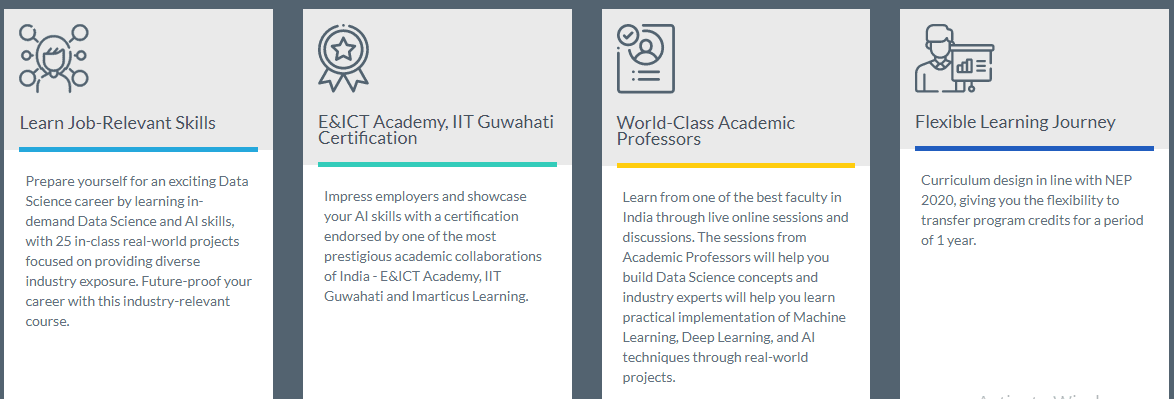 Takeaway
Takeaway 
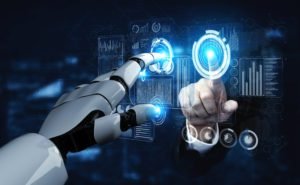 That is why companies today are investing heavily in the digitalization of their businesses.
That is why companies today are investing heavily in the digitalization of their businesses.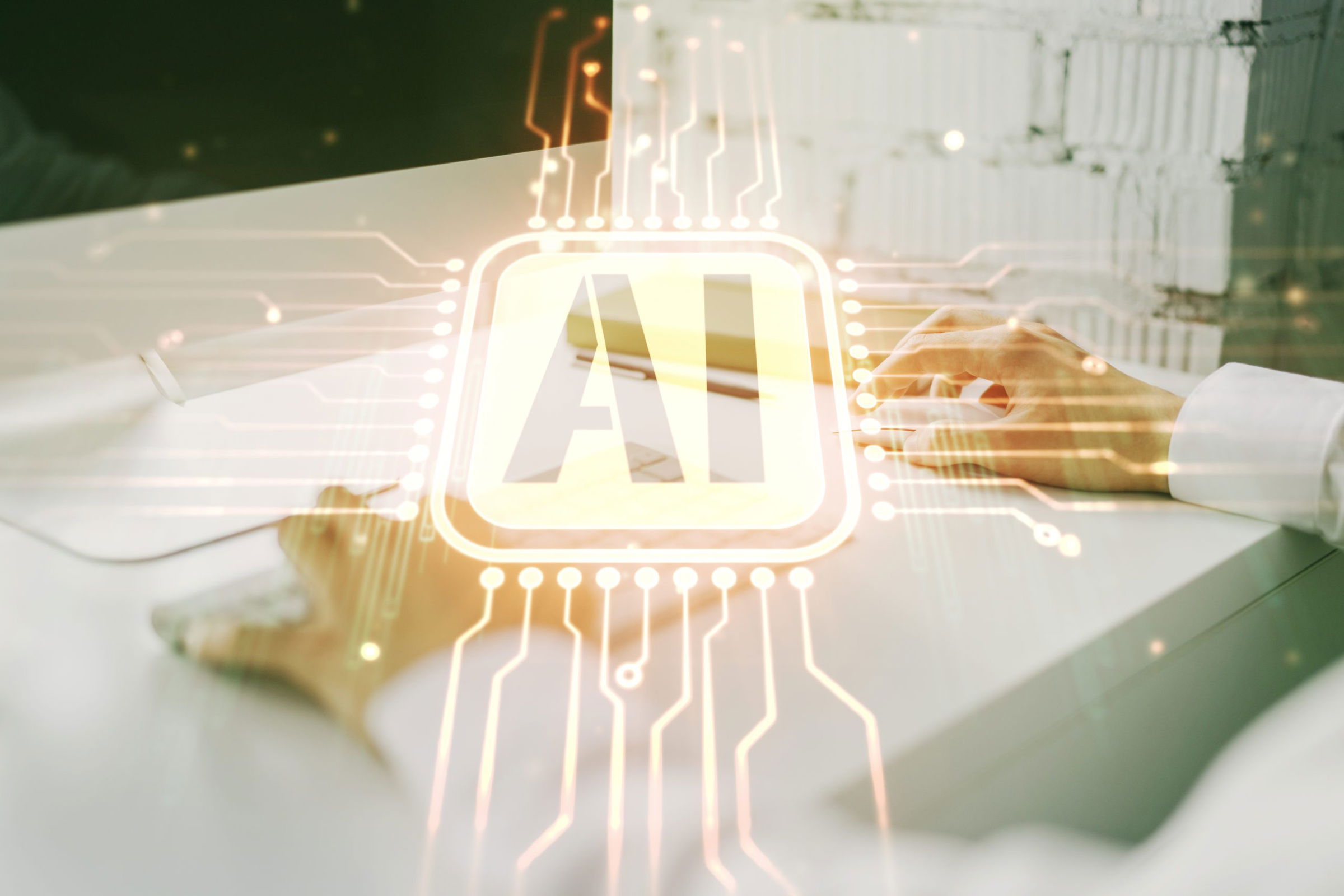
 Imarticus Learning offers
Imarticus Learning offers 
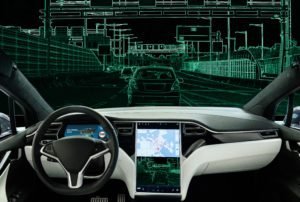 Stopping crime is a challenging, ongoing challenge, but enterprise vendors and law enforcement can do it more easily with the right AI apps. This is also one of the reasons why people are excited about an acceptable
Stopping crime is a challenging, ongoing challenge, but enterprise vendors and law enforcement can do it more easily with the right AI apps. This is also one of the reasons why people are excited about an acceptable 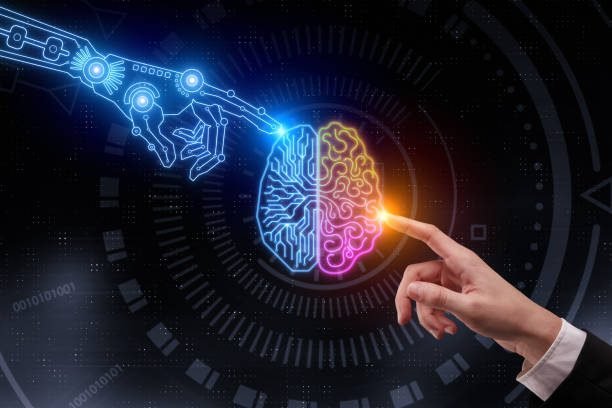
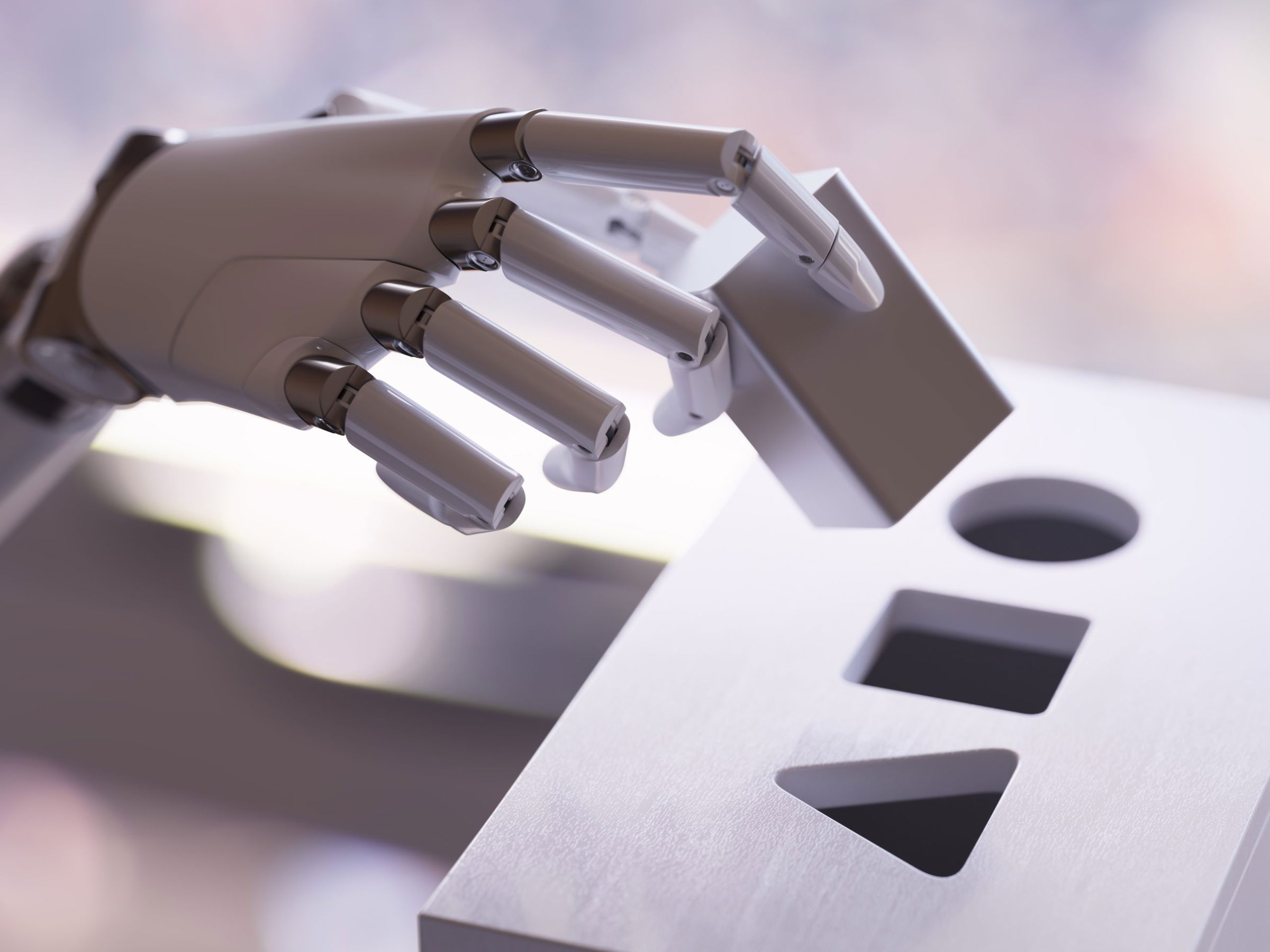
 In order to pursue an
In order to pursue an 
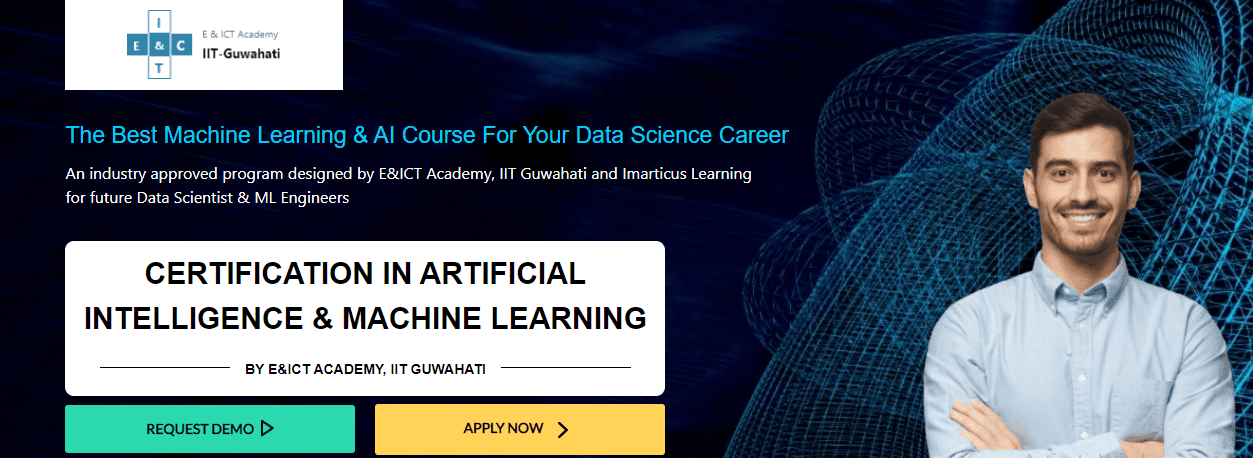

 Improving Operational Efficiency
Improving Operational Efficiency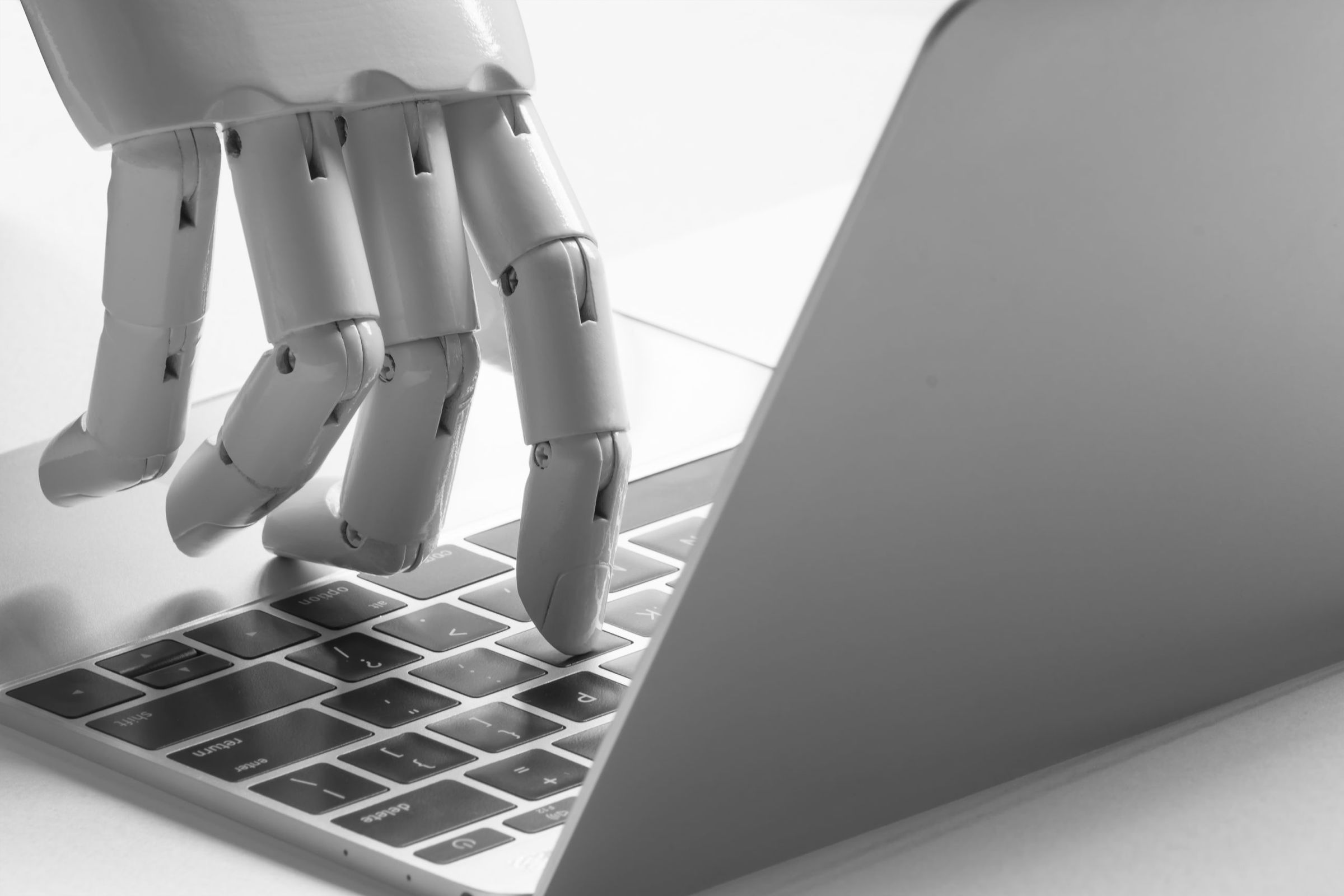
 AI is applicable in every conceivable field & recent advancements are increasing the relevance of AI in every sphere. Here are the top applications of AI:
AI is applicable in every conceivable field & recent advancements are increasing the relevance of AI in every sphere. Here are the top applications of AI: